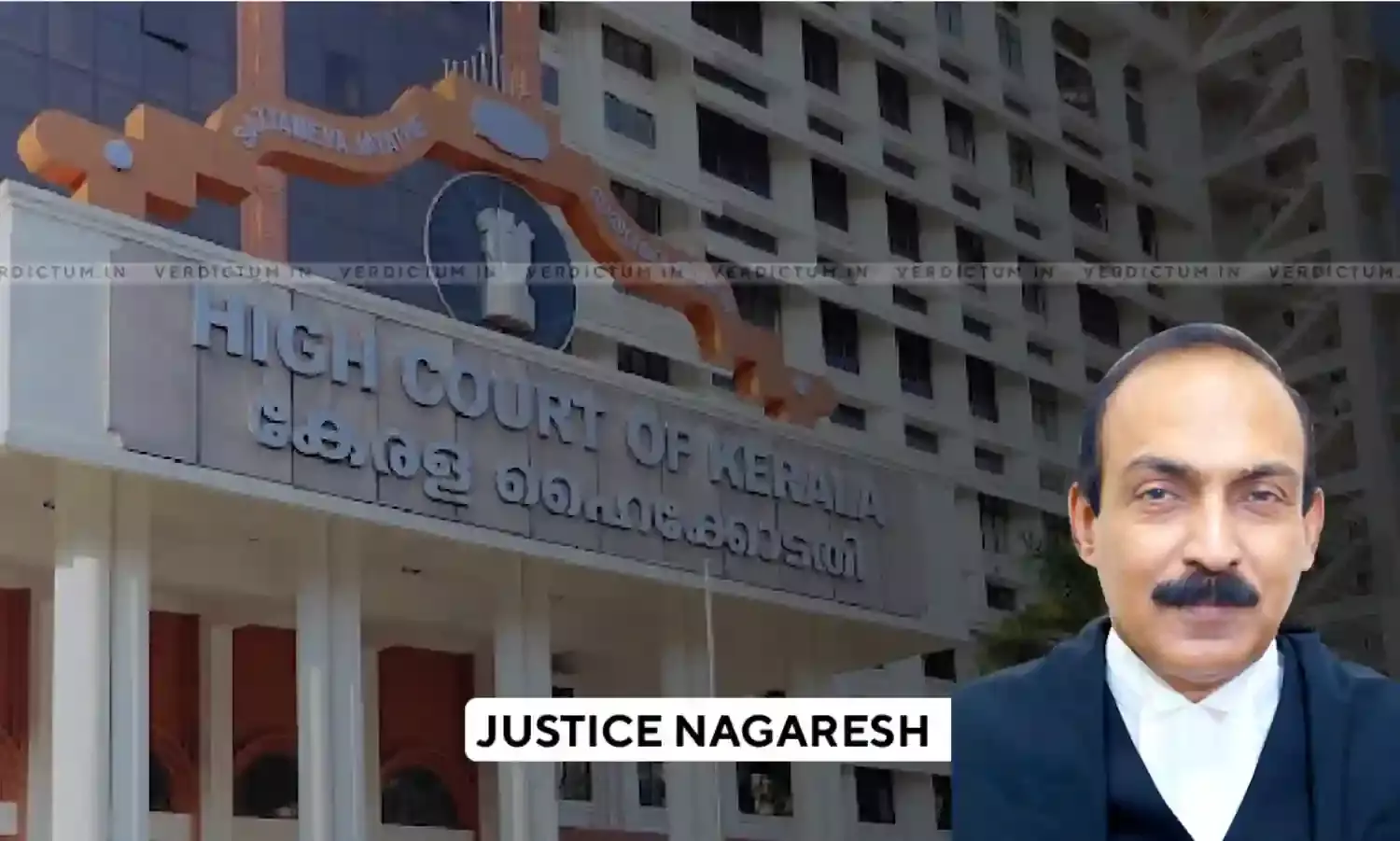'In National Security Matters, Policy Decision Should Be Left To Government'': Kerala HC Dismisses Plea Against Agniveer Scheme

The Kerala High Court has dismissed a petition challenging the Agniveer Scheme observing that the armed forces recruitment is a matter of national security and the policy decision in that regard should be left to the Government.
The court further reiterated that the courts should refrain from interfering with policy decisions, which may have a cascading effect.
In the present matter, the petitioners-aspirants were aggrieved by the Recruitment Rally Notification for appointment as Agniveer General Duty, Agniveer Technical, Agniveer Clerk / Store Keeper Technical and Agniveer Personnel.
It is also to be noted that the Government of India notified Agniveer Scheme on June 15, 2022 to enable Indian youth to join Indian Armed Forces for a term of four years.
Accordingly, bench of Justice N. Nagaresh observed: "The issue raised by the petitioners is one concerning the method of recruitment to the Indian Armed Forces. It is a sensitive issue. In matters concerning national security, policy decision should be left to the Government. So long as the decision of the Government does not infringe fundamental rights of citizens, the Courts have no reason to interfere."
“While reducing the age limit from 21 years to 17½ years for recruitment as Agniveers, the Government has considered various aspects including the distinct and challenging geographical terrains in the borders of India and also the system of Army maintained in various world countries. The petitioners have not advanced any tangible reason warranting interference by this Court, in the Agnipath Scheme”, the bench further noted.
It was the case of the petitioners that they had applied pursuant to the notifications dated October 2020 and December 2020: for recruitment in the Indian Army. Further, that they have cleared the recruitment rally held before the lockdown in 2020.
It was submitted by the petitioners that they have cleared medical examination. However, the written examination was postponed from time to time.
The petitioners, furthermore contended that the Union Government had committed before the Parliament that they will finalise the recruitment already commenced. But since the Government cancelled the recruitment process and framed a new Scheme called Agnipath Scheme for recruitment to Military Service which modified only the age limit and maximum age limit to 21 years and for the present year, the upper age limit was relaxed to two years. The service conditions including pay and pension were altered substantially.
Therefore, argued that making the Army young by reducing the recruitment age is unscientific and having undergone the recruitment rally, the petitioners have legitimate expectation to be recruited to the Indian Army.
On the other hand, the respondents argued that the Scheme of Agniveers was framed taking into account the peculiar border situation and incessant threats made by hostile neighbouring nations to infiltrate the borders of India. Geographical terrain of India inclusive of mountain ranges, swampy marshes, jungles, deserts, riverine and glaciated regions as well as isolated island territories forced the Government to establish a more youthful, agile and physically fit Armed Forces which is well equipped to deal with such terrains.
Therefore, considering the averments made and contentions put forth, the bench while dismissing the petition, held, “It is evident that the Agniveer Scheme has been prepared after studying the military ‘intake and retention’ model of several countries. The impugned Scheme is framed by the Government of India after detailed deliberations. The issue raised by the petitioners is one concerning the method of recruitment to the Indian Armed Forces. It is a sensitive issue. In matters concerning national security, policy decision should be left to the Government. So long as the decision of the Government does not infringe fundamental rights of citizens, the Courts have no reason to interfere. In assessing the propriety of a decision of the Government, the Court cannot interfere even if a second view is possible”.
Cause Title: Rahul Subash v. Union Of India
Click here to read/download the Order

